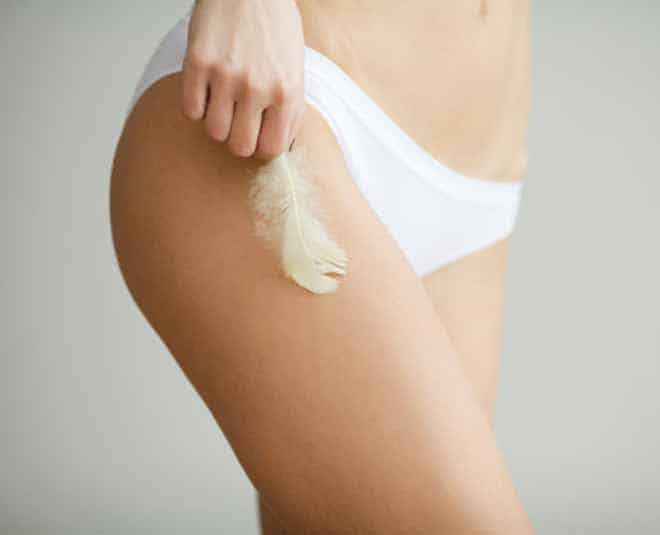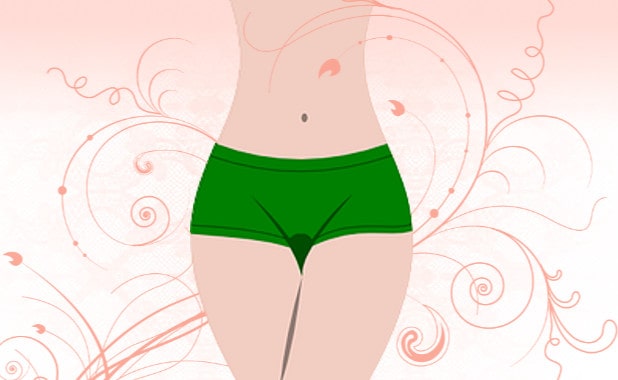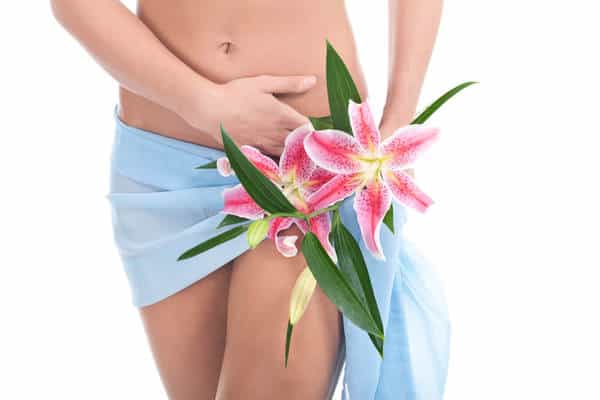
As the name correctly suggests, intimate hygiene is all about keeping your private homes safe and hygienic. The distinction between intimate and daily hygiene is not understood to many women, and they fail to obey the simple rules to preserve their vaginal health. Your vagina is more acidic than the rest of the body in terms of pH. This helps to conserve good bacteria, such as lactobacilli, and prevent bad growth. To ensure that you do not disrupt the vaginal pH equilibrium and, in turn, prevent vaginal infections such as bacterial vaginosis, you need to follow good intimate hygiene practices.
- Scented Feminine Hygiene products are a big no!: It is not a good idea to use scented feminine hygiene products to keep the vagina safe, such as scented wipes, vaginal deodorants or scrubs. In fact, these products will make the disease worse and make you susceptible to infections. In addition, the use of vaginal scrubbing can lead to skin peeling, which can further increase your risk of infection.
- Do not use Soap to wash your vagina: To clean the vagina, avoid using rough soaps or scented soaps. The good balance of the bacteria in the vagina can be compromised by the use of soaps laden with toxic chemicals like glycerol, perfumes and antiseptics. In addition, in the vaginal area, it may also alter the pH, which can cause inflammation and contribute to unhealthy bacteria increasing. Use basic soap and water instead, ideally lukewarm water, to wash the region around the vagina.

- Avoid wearing tight fitted clothing: Most experts say that undergarments made from breathable fabrics like cotton should be worn. This is because, due to decreased air circulation, wearing tight clothing and inners made from synthetic fabrics causes sweating. Causing vaginal infection, excessive sweating and moisture can contribute to the growth of bacteria and yeast. Stop wearing leather jackets, tight spandex, and wet bathing suits for a long time.
- Always Practice Safe Sex: Unprotected sex carries the risk of sexually transmitted infections (STIs) such as chlamydia, gonorrhea, herpes, warts, syphilis and human immunodeficiency virus (HIV). Therefore, using precautions such as condoms any time you have sex is one of the easiest and most efficient ways to avoid STIs and vaginal infections and unintended pregnancies. But before you use one, check if you are allergic to the condom material and choose the one that suits you.

- Change Sanitary Napkins every 4-6 hours: According to a gynecologist, people with regular blood flow must change the sanitary napkin every four-six hours. The same is applicable on the days when you have a light blood flow. However, if you have heavy flow during menstruation, changing sanitary pads every 3-4 hours is a must. If you are using a tampon, change it every six hours without fail. Also, any time you visit a washroom during menstruation, clean your intimate area. If sanitary napkins or tampons have not been cleaned for a long time, they can lead to skin rashes and a bad smell. In certain cases, you might even be at risk of infection.
- Keep your undergarments dry: Not wiping your vagina after you urinate can cause your panties to get wet, which may not only lead to a bad smell but may put you at risk for vaginal infections. It is also always recommended that you clean the area with toilet paper or soft cloth so that your underwear is always dry. Vaginal fluid or discharge is a part of a safe vaginal environment. The use of products such as talcum powder or constant wiping of the vagina can make it very dry, which may cause itchiness and vaginal dryness. It can also lead to discomfort in sex and make it vulnerable to injury.

- Avoid shaving pubic hair: Some women tend to shave pubic hair because they feel that pubic hair is gross and unclean. But pubic hair serves as a safety net that protects the vulva from bacterial infections, if research is to be believed. In addition, it was found that the use of non-electric shaving techniques such as razors to shave genital hair causes genital injuries.
Kritika is a freelance content writer at Femsay.com

